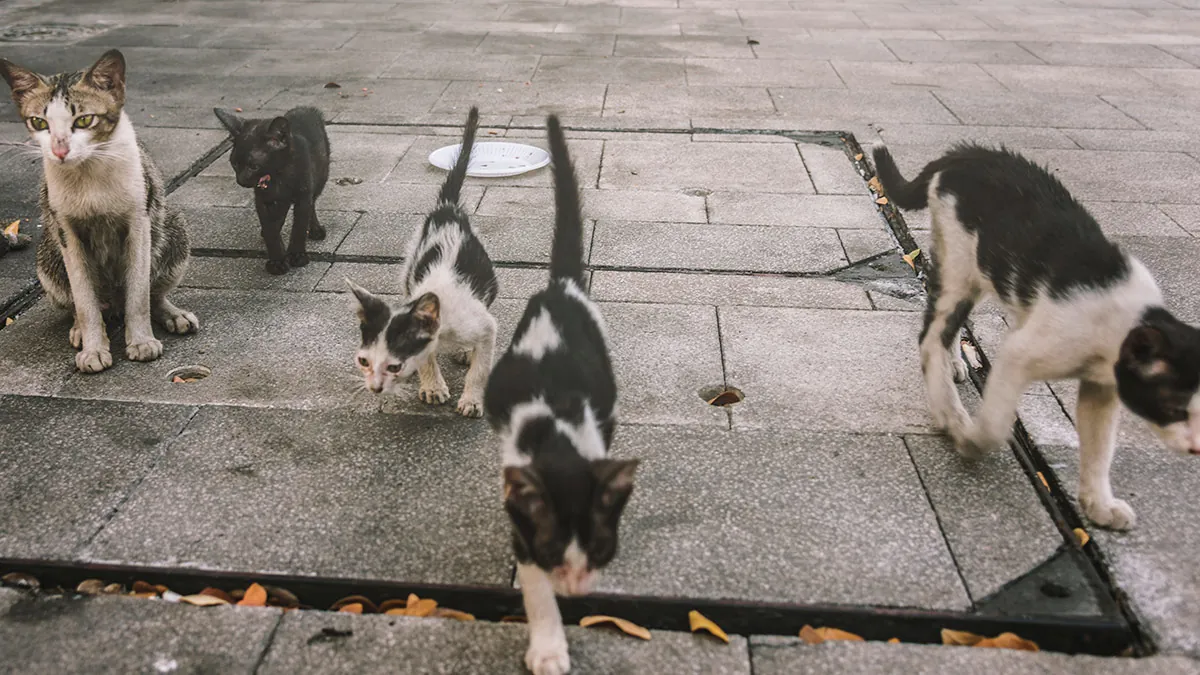Rickets, also known as nutritional osteodystrophy, is a condition that can affect growing kittens. It is caused by a deficiency in vitamin D, phosphorus, or calcium, which leads to weak and malformed bones.
Symptoms of rickets in kittens include:
- Bowlegged appearance
- Swelling of the wrists and ankles
- Delayed closure of the fontanelles (the soft spots on a kitten’s skull)
- Delayed eruption of teeth
- Difficulty walking or moving
To prevent rickets, it is important to provide kittens with a balanced and nutrient-rich diet that includes adequate amounts of vitamin D, phosphorus, and calcium. This can be achieved by feeding a high-quality kitten food that contains these nutrients, or by providing supplements if necessary.
It is also important to provide kittens with adequate exposure to sunlight, as vitamin D is synthesized by the skin when exposed to sunlight.
If you suspect that your kitten may be suffering from rickets, it is important to seek veterinary care as soon as possible. Early diagnosis and treatment can help to prevent serious complications and ensure that your kitten grows up healthy and strong.
Treating Rickets in Kittens: A Guide to Managing this Bone Disorder
If your kitten has been diagnosed with rickets, it’s important to understand the treatment options available and take steps to manage the condition.
First and foremost, it is important to consult with a veterinarian for a proper diagnosis and treatment plan. They will likely recommend a Vitamin D supplement and may also suggest a diet that is rich in Vitamin D.
In addition, your kitten may need to be confined in a small area to prevent them from jumping or running which could cause further damage to their bones.
Physical therapy and exercise may also be recommended to help strengthen the bones and improve muscle mass.
It’s also important to monitor your kitten’s progress and make adjustments to their treatment plan as needed. With proper care and management, most kittens with rickets can go on to live happy and healthy lives.
It is also important to understand that preventing rickets is key, and one of the most important ways to do this is by ensuring that your kitten receives an adequate amount of Vitamin D, either through diet or supplements.
In conclusion, rickets can be a serious condition for kittens, but with proper treatment and management, most kittens can go on to live happy and healthy lives. Consult with a veterinarian and provide your kitten with the proper care, diet, and supplements they need to thrive.

